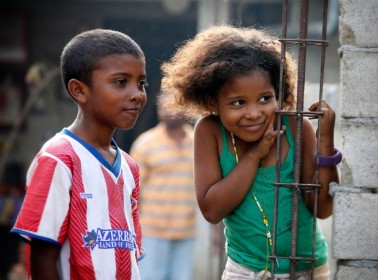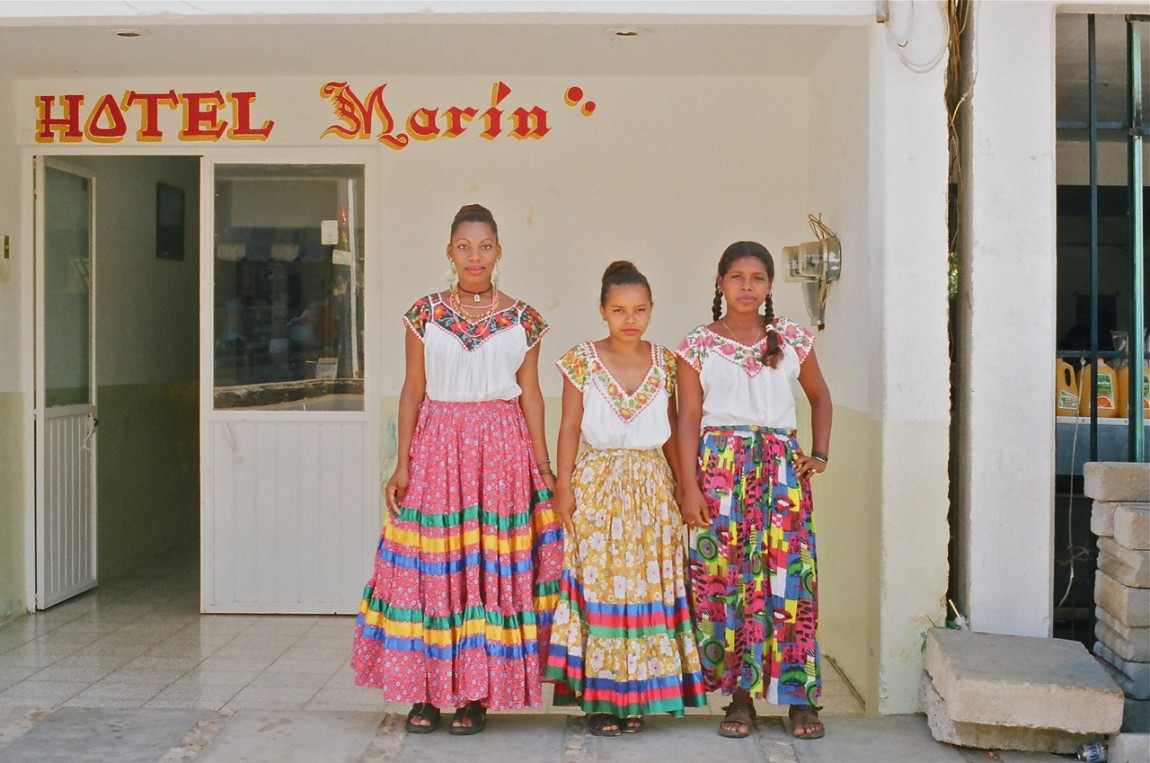On Her Second Album, Xenia Rubinos Finds a New Language to Talk About LatinidadPosted in Articles, Arts, Interviews, Latino Studies, Media Archive, United States on 2016-06-10 19:00Z by Steven |
On Her Second Album, Xenia Rubinos Finds a New Language to Talk About Latinidad
Remezcla
2016-06-01
At a time when the political utility of the Afro-Latino label is as urgent as ever, it’s easy to forget that the journey to embrace that identity isn’t always immediate. Before recording her sophomore album Black Terry Cat (ANTI- Records), Boricua-Cuban artist Xenia Rubinos did not identify as Afro-Latina. So when she embarked on the recording process this time around, Rubinos envisioned the album as a vehicle to explore her brownness and blackness, to rediscover her place in the African diaspora.
That’s why hip-hop is Black Terry Cat’s lifeblood. “I was listening to a lot of hip-hop at the time. It was a new exploration for me, getting into Slum Village and KRS-One, as well as going back to Erykah Badu, which was starting to become my daily diet,” she explains. Rubinos lays those influences bare on Black Terry Cat; the record vibrates with clanging percussive interludes, stream-of-consciousness lyrics, and deep pocket backbeats. It’s a clattering, experimental triumph that leaps from thick funk basslines to spooky horn sections and then to broken-down hip-hop beats, like a kid playing with Legos. Above it all, Rubinos’ warm, smoky voice flutters about, revealing a vocal dexterity and a slew of alter egos the listener is constantly trying to catch up with…
Read the entire interview here.


